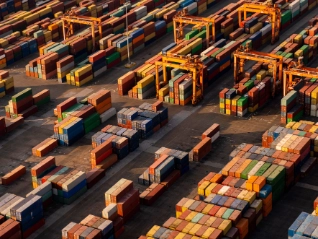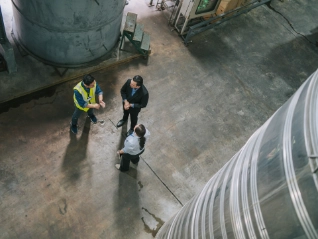
Publikácie a tlač

Aktuálne ekonomické správy z celého sveta

Videá
Survey findings across the United Arab Emirates highlight mounting financial pressure on companies amid rising bad debts


Our survey of companies across Indonesia reveals increasing pressure on liquidity, with many expressing serious concerns about rising levels of unpaid debts

Singapore’s corporate sector sharpens focus on liquidity as B2B customer payment risk management becomes business-critical

Our survey of companies across Japan reveals that beneath the surface of a stable B2B credit

Signs of cash flow strain are emerging across industries in Taiwan, as a worsening insolvency outlook leaves many businesses bracing for more challenging times ahead

A temporary de-escalation in the US-China tariff dispute will support global electronics growth

Our survey of companies across Vietnam reveals that companies are bracing for a potential spike in B2B insolvencies in the months ahead
Zobrazenie 7 z 295
Amid economic and geopolitical volatility, ICISA highlights 2024 as a year that underscores the importance and resilience of trade credit and surety insurances.


The Atradius Buyer Impersonations factsheet offers valuable insights and practical advice on handling buyer impersonation

Atradius' affiliated company in South Africa, CGIC, highlights the critical role of credit insurance in today's volatile economy, ensuring business stability and fostering growth through effective risk management

Confusion haunts the global economy as growth slows and trade and manufacturing sectors brace for impact

Tangible benefits from May’s trade agreement will be small, but the deal may be a first step on the path to closer ties and more seamless commerce

Rising public borrowing and market volatility is hiking borrowing costs for businesses as well as governments

With the economy feeling uncertain, businesses across Western Europe are adapting their payment risk management strategies to stay strong and steady in the months ahead.
Zobrazenie 7 z 38
Získajte prehľad o našom poistení podnikateľov a všeobecnom poistení.
Ďalšie videá o spoločnosti Atradius nájdete na našom kanáli YouTube.
Kontakt pre média
































